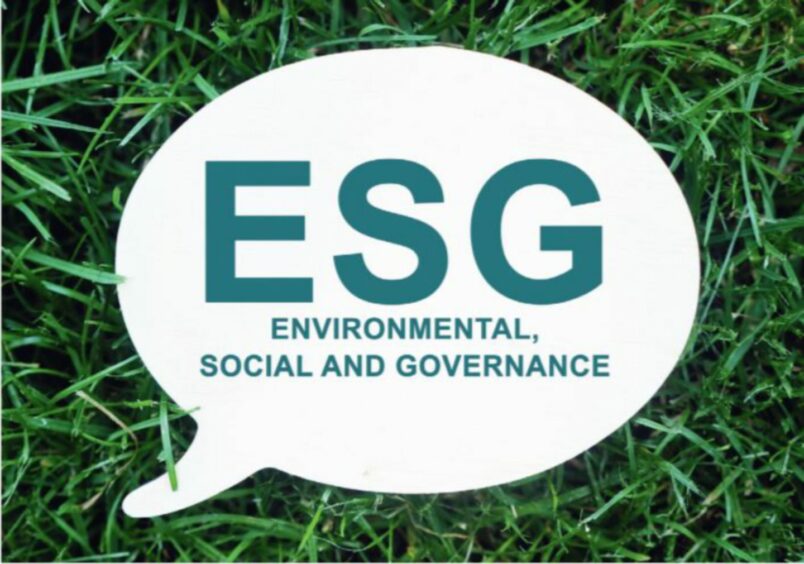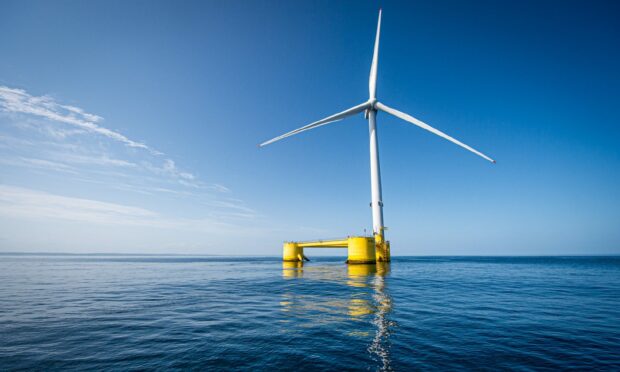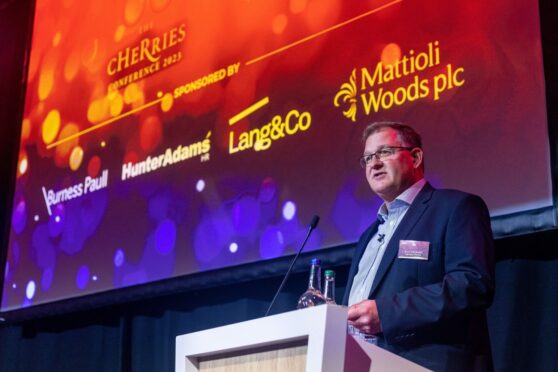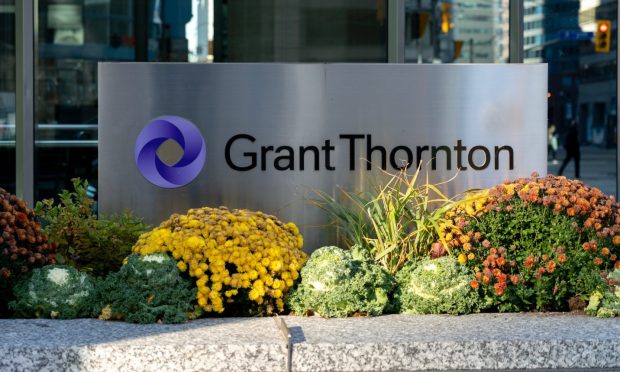Every investment company we speak to seems to be an expert in ESG environmental, social and governance) investing.
There is a general belief among them that ESG will become mainstream, and investors will want their pension and ISA (individual savings account) money managed along ESG guidelines.
This is a subject that more of our clients are asking about.”
It is important to understand the difference between ESG and ethical investing.
Investing ethically has a long history, going back to the 19th Century with religious orders, such as the Quakers and Methodists, who sought to exclude investing in “sin stocks”, like tobacco and alcohol.
Traditional ethical funds still use negative screening, where they avoid companies that are engaged in “harmful” activities including gambling, animal testing for non-medical purposes and manufacturing weapons.
New breed
In recent years we’ve seen a new breed of investment funds being launched, called ESG.
While these are likely to exclude some sectors, like tobacco, they aim to invest in companies making a positive contribution.
This could be linked to the environment – such as having plans to transition to net-zero carbon emissions, recyclable products and packaging – or protecting nature and not causing pollution.
It could be societal, by ensuring suppliers have fair working conditions and do not produce harmful products.
Companies should also have strong governance standards – such as board members having the required skills and independence, good accounting processes, and management not receiving excessive pay and bonuses.
Scottish engineering firm Weir Group is a great example to show the difference between ethical and ESG investing.
Weir creates engineering solutions for the mining and oil & gas industries, so would be excluded from most ethical funds.
But it scores well on ESG factors, has strong corporate governance, including a majority independent board, and is aiming to reduce its carbon emissions by 50% – so it could be held in an ESG fund.
Why invest?
There is a strong argument that companies that operate in a sustainable and transparent way should have better long-term prospects.
By contrast, those that engage in bad practices aren’t sustainable and need to change their ways.
Perceived poor behaviour by companies is also being highlighted far more in the media and on social media.
Fashion retailer Boohoo, for example, faced accusations of modern slavery, with reports that workers making clothes in a Leicester factory were paid as little as £3.50 per hour.
The company responded by implementing its Agenda for Change programme, focused on more responsible product sourcing and greater transparency
But Boohoo suffered reputational damage and when the original allegations were published saw its share price crash from £4.11 to £2.56.
The current share price of around £1.88 suggests it still has some way to go to restore the faith of investors.
Performance
ESG investment funds have outperformed in recent years, however, they’ve had strong headwinds behind them – not least the effects of the pandemic, as online and technology-based firms thrived.
These types of companies are more likely to be in ESG funds than, say, those operating in traditional industries – such as energy, utilities and consumer staples – that are more resource and infrastructure-intensive, which isn’t always conducive to sustainability.
As ESG stocks performed well they became more popular and this, in turn, boosted their share prices.
There is no guarantee this outperformance will continue. Indeed, there will be periods when these funds underperform the wider market.
A further challenge for investors is that ESG investing is subjective.
For ethical investing, it tends to be clear-cut whether a company is excluded, but with ESG it can be a matter of opinion whether a company is being run in the right way.
That said, this is a subject that more of our clients are asking about.
Life insurance is important but it doesn’t have to be taxing
We are advocates of ESG investing, believing it can produce strong long-term investment returns.
But it’s important that people combine investing in companies “doing the right things” alongside having their investments properly diversified and not taking too much risk.
Ken Ferguson is an independent financial adviser based in the Brechin office of Chase de Vere.













